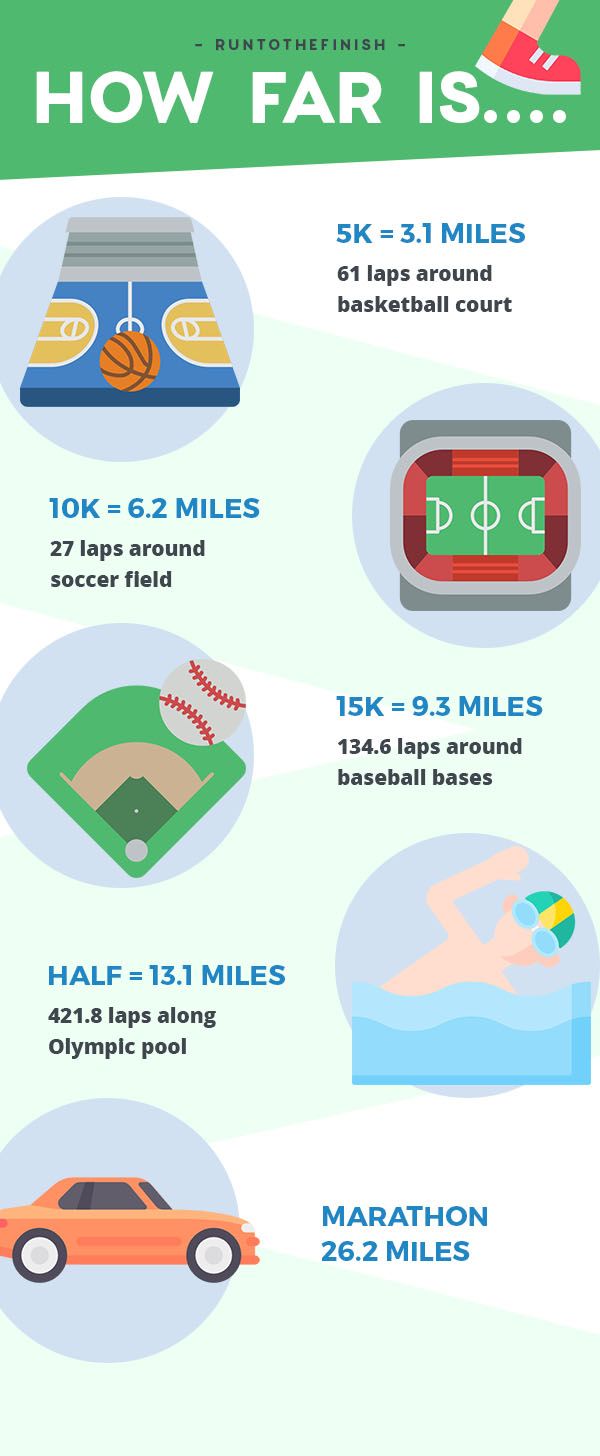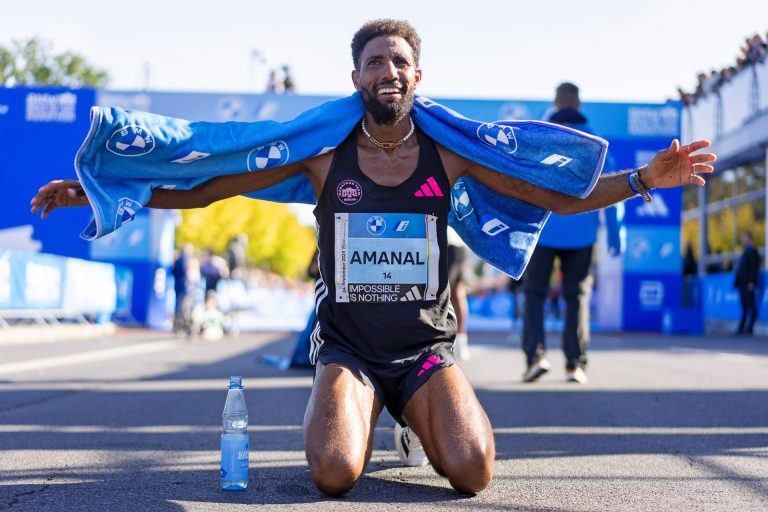Ultimate Guide To Running Hydration
For optimal running hydration, drink water before, during, and after your run. Proper hydration is key to performance.
Staying hydrated is crucial for runners to avoid fatigue and improve performance. Water helps regulate body temperature, fuel muscles, and maintain overall health. In this ultimate guide to running hydration, we will explore the importance of hydration, signs of dehydration, and strategies to stay properly hydrated during your runs.
Whether you are a beginner or seasoned runner, understanding the significance of hydration and implementing effective hydration practices can make a significant difference in your running performance and overall well-being. So, let’s dive in and learn how to hydrate properly for your runs.

Credit: nutritionforrunning.com
Why Hydration Is Important
Staying adequately hydrated is crucial for any runner, as proper hydration can significantly impact performance and overall well-being. Understanding why hydration is important can help runners stay motivated to maintain a consistent hydration routine. Let’s explore the key reasons why hydration plays a vital role in a runner’s success.
Improves Performance
Proper hydration directly improves performance by optimizing muscle function and overall endurance. Dehydration can lead to decreased energy levels and fatigue, hindering a runner’s ability to maintain optimal speed and stamina. By staying well-hydrated, runners can enhance their performance and push through challenging workouts with greater ease.
Prevents Dehydration
One of the most critical reasons why hydration is important for runners is its role in preventing dehydration. Dehydration can not only impair performance but also pose serious health risks. By maintaining proper fluid levels, runners can reduce the likelihood of dehydration-related issues such as muscle cramps, heat exhaustion, and overheating, ensuring a safer and more enjoyable running experience.

Credit: lukeslocker.com
Signs Of Dehydration
Dehydration can lead to various signs and symptoms, including thirst, dry mouth, headaches, fatigue, dizziness, and dark-colored urine. Proper hydration is crucial for runners to maintain peak performance and prevent potential health issues.
How Much Water To Drink
The importance of staying properly hydrated during a run cannot be overstated. Sufficient water intake is crucial to maintain performance and prevent dehydration. Let’s delve into the specifics of how much water you should be drinking for optimal running hydration.
General Guidelines
General guidelines provide a baseline for estimating your hydration needs while running. An essential aspect of your routine for peak performance.
Factors Affecting Hydration Needs
Factors affecting hydration needs like the intensity of activity, weather conditions, and individual sweat rate play a significant role in determining your water intake. These factors must be considered for effective hydration strategies.
Hydration Strategies During Running
Hydration plays a crucial role in a runner’s performance and overall well-being. Proper hydration strategies during running can significantly impact endurance, pace, and recovery. By focusing on pre-run hydration, during-run hydration, and post-run hydration, runners can optimize their performance and minimize the risk of dehydration-related issues.
Pre-run Hydration
Prior to hitting the pavement, it’s essential to begin hydrating adequately. Aim to consume 16-20 ounces of water or a sports drink 1-2 hours before your run. This will help ensure that your body is sufficiently pre-hydrated prior to the physical exertion. Keep in mind that individual hydration needs may vary based on factors such as sweat rate and environmental conditions.
During-run Hydration
Throughout your run, it’s crucial to maintain fluid intake to sustain performance and minimize the risk of dehydration. In general, aim to consume 6-8 ounces of water or a sports drink every 20 minutes during exercise. For longer runs lasting over an hour, consider incorporating an electrolyte-fueled sports drink to replenish sodium and potassium lost through sweat.
Post-run Hydration
Following your run, prioritizing rehydration is vital for recovery and to replenish fluid and electrolyte losses. Aim to drink at least 16-24 ounces of fluid for every pound lost during the run within 2 hours after finishing. Additionally, consuming a balanced post-run snack or meal can aid in replenishing glycogen stores and supporting muscle recovery.
Hydration Products And Alternatives
When it comes to running, staying hydrated is essential for optimal performance. Hydration products and alternatives play a vital role in replenishing fluids, electrolytes, and maintaining hydration levels during intense workouts. Let’s explore some of the popular options that can help you stay hydrated on the go.
Sports Drinks
Sports drinks are a go-to choice for many runners, as they provide a convenient and effective way to replenish fluids and electrolytes lost through sweating. These beverages are specially formulated to enhance hydration and provide a quick energy boost. One of the most well-known sports drinks is Gatorade, which contains a precise blend of carbohydrates and electrolytes to keep you fueled and hydrated during your runs.
You can choose from a variety of flavors, including fruit punch, lemon-lime, and orange, based on your personal preferences. Most sports drinks come in bottles that are easy to carry and sip from on the go, making them a popular choice for runners on long-distance routes. It’s important to note that some sports drinks may contain added sugars, so be mindful of your dietary needs.
Electrolyte Tablets
If you prefer a more customizable approach to hydration, electrolyte tablets are an excellent choice. These tablets are dissolved in water to create a refreshing drink that provides essential electrolytes without any added sugars or carbohydrates.
The advantage of electrolyte tablets is that you can adjust the concentration based on your personal needs and preferences. This allows you to easily tailor your hydration strategy to match the intensity and duration of your workouts. Simply drop a tablet into your water bottle, wait for it to dissolve, and you’re ready to go.
Natural Alternatives
If you’re looking for a more natural approach to hydration, several alternatives can provide the necessary fluids and electrolytes. Coconut water, for example, is known for its natural hydration properties and is rich in potassium, magnesium, and calcium.
An excellent source of hydration can also be obtained from fruits and vegetables with high water content. Watermelon, cucumbers, and oranges are great examples of natural hydration options that provide both fluids and essential nutrients to support your running performance.
Summary
When it comes to staying hydrated during your runs, there are various options you can choose from to suit your preferences and dietary needs. Sports drinks offer a convenient and effective solution, while electrolyte tablets allow for customized hydration. If you prefer a natural approach, coconut water and high-water-content fruits and vegetables can provide the necessary hydration without added sugars or artificial flavors. Experiment and find the right option that keeps you energized and properly hydrated throughout your running journey.

Credit: www.runtothefinish.com
Frequently Asked Questions For Ultimate Guide To Running Hydration
How Much Water Should I Drink While Running?
It is recommended to drink about 4-8 ounces of water every 20 minutes during your run to stay hydrated.
What’s The Best Way To Carry Water While Running?
There are various options, such as handheld water bottles, hydration belts, or hydration backpacks, choose one that suits your comfort and needs.
How Do I Know If I’m Properly Hydrated During A Run?
Pay attention to your body by checking the color of your urine. If it’s light yellow, you’re well-hydrated. Dark yellow could indicate dehydration.
Conclusion
In a nutshell, effective hydration is key for runners to optimize performance and prevent dehydration. By implementing a plan that includes both pre-run and during-run hydration strategies, runners can avoid the pitfalls of dehydration. With proper hydration, runners can maintain peak performance and ensure a successful and enjoyable running experience.







